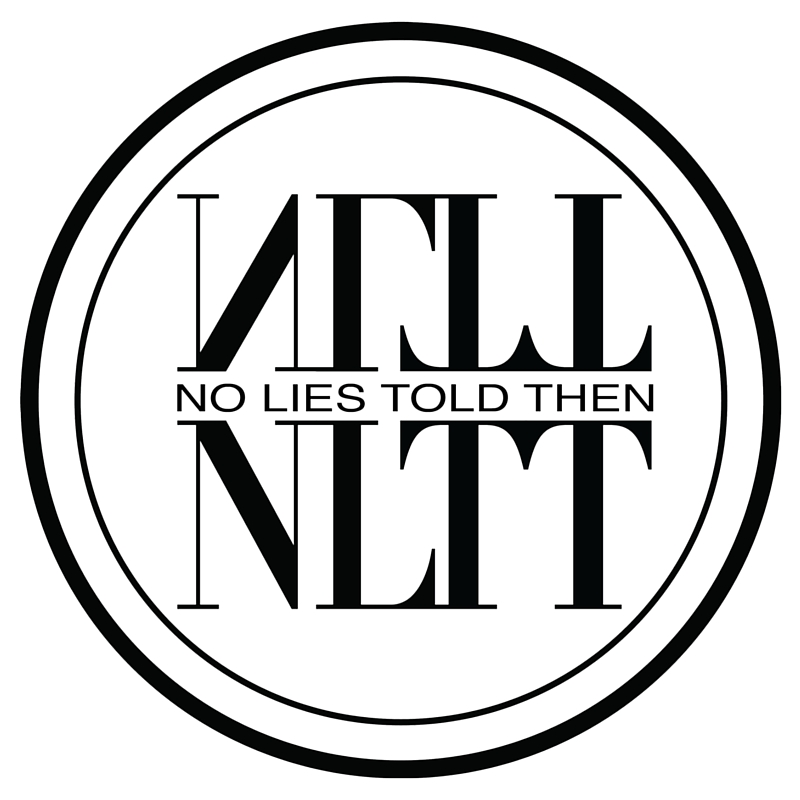There's a storm approaching the Hollywood film industry, and that is... the increased visibility of black women directors and writers. They have been around since the beginning, but somehow through heightened awareness online and increased appreciation, we are seeing them more and more behind cameras, directing scenes and penning scripts.
We decided to sit with our very own, Torri R. Oats, writer and producer of the soon-to-be-released, No Lies Told Then, to hear her thoughts on how black women directors and writers are changing the game.
What do you attribute to the increased visibility of black women directors and writers?
Torri Oats: More black women are taking control of their career, and our narrative. There was a time when we used to rely on studios to give the green light on a prospective film, but not anymore. Filmmaking has become democratized making it a little easier for our stories to be widely distributed. Look at Ava DuVernay, Gina Prince-Bythewood, Issa Rae and Amma Asante.
Ava DuVernay is one of the hottest directors now and she is not only using her talent to secure opportunities, she is using her voice to keep the doors open for others to walk through. She is encouraging women to stop asking for permission and just do it. DuVernay, and these other women, are using their accomplishments to create more possibilities.
What made you pen the script for No Lies Told Then?
TO: Early in my career, I focused on playwriting. I wrote a series of one acts titled, "A Literal and Figurative Exploration of Life and Death." One of the acts was about a little girl named Malia. Long after I finished writing her one act, I kept thinking about her and that she (the little girl) had more to say.
So I turned on Nina Simone's "Little Girl Blue" and I sat in Starbucks every day until I thought the little girl would run out of words. She hadn't. She would speak to me randomly over the years until I finally told the story she wanted to tell.
Somewhere along the way, I realized she wasn't just talking to me, she was talking about me - about us. We all have insecurities, make mistakes, yearn for something and I think with this script, I really tried to bring those emotions to life. Writing No Lies Told Then was a wonderful journey for me, not just as a writer, but as a flawed woman trying to figure out life.
Why do you think it is important for us (black women) to control the narrative around our stories?
TO: If we don't tell our own story and leave it to others, we will continue to be the whore, mammy, gold digger, drug user, etc. We are not monolith. We can't be placed in a box. We are complex human beings who have stories, many left untold.
I carry a little notebook with me and on one of the first pages are the words "humanize blackness." Brown women are sexualized, demonized and criminalized before humanized. I think it's important to control the narrative to grab the reins of our humanity and experience.
With the stories of Belle, Middle of Nowhere and now No Lies Told Then, black women directors and writers are doing just that. They have their hands on the exploration of our humanity and they aren't letting go.
